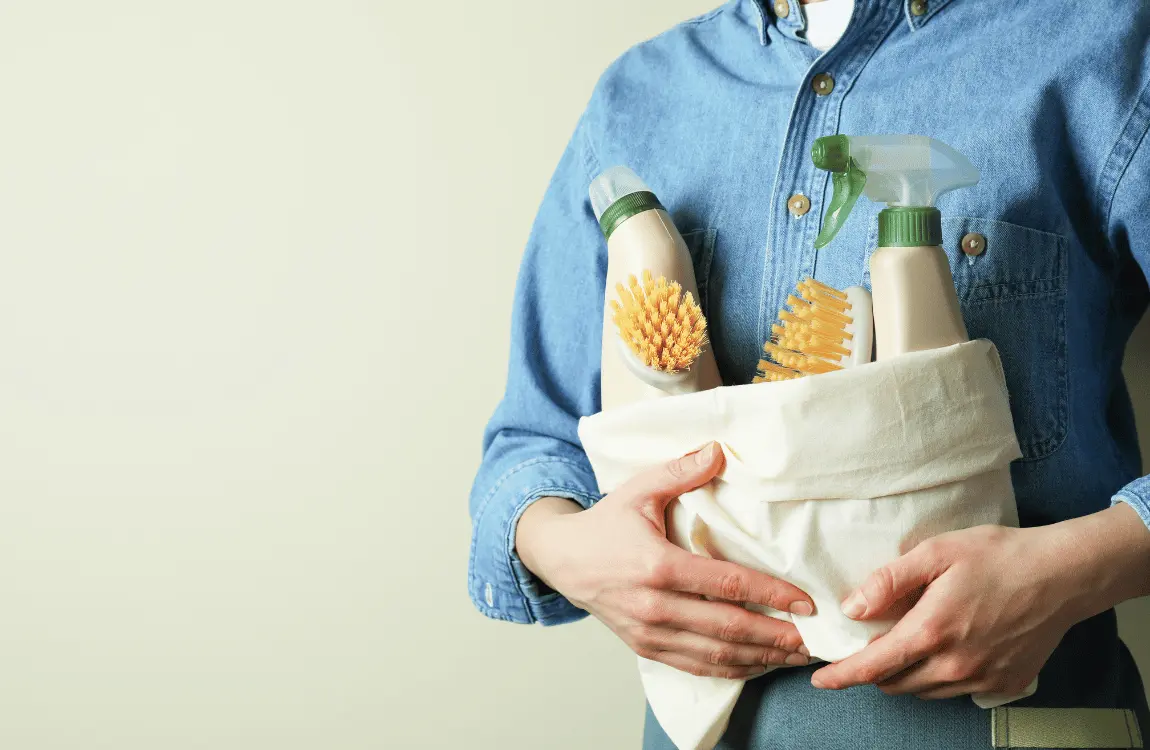Sustainable living products are items designed to minimize environmental impact. These products promote eco-friendly practices and resource conservation.
Embracing a greener lifestyle is becoming increasingly vital in the face of environmental challenges. Consumers are turning to sustainable living products to reduce their carbon footprint and support a healthier planet. These products range from reusable containers to energy-efficient appliances, natural cleaning agents, and clothing made from organic materials.
They are crafted to be durable, to reduce waste, and to lessen the reliance on non-renewable resources. Choosing these eco-conscious alternatives not only contributes to environmental protection but often leads to a more minimalist and mindful way of life. As awareness grows, the market for sustainable living products is expanding, reflecting the rising commitment to a more sustainable future. With each purchase, consumers send a powerful message about preserving our world for generations to come.

Types Of Sustainable Living Products
Embracing a sustainable lifestyle involves choosing products that are eco-friendly and kind to our planet. From daily personal care to fashion choices, every sustainable product plays a vital role in nurturing the environment. Let’s explore the world of sustainable living products.
Home And Cleaning Products
Clean your space without dirtying the planet. Sustainable home and cleaning items prioritize biodegradable ingredients and reusable packaging. Eco-friendly options often include:
- Multi-surface cleaners made from natural ingredients
- Soap nuts and wool dryer balls
- Compostable garbage bags
Personal Care And Beauty Products
Turn your beauty routine into a beacon for sustainability. Key products feature:
- Shampoo bars free from harsh chemicals
- Biodegradable bamboo toothbrushes
- Organic cotton menstrual products
Clothing And Fashion Products
Dress to protect. Sustainable clothing brands focus on the following:
- Ethically sourced materials
- Organic cotton and recycled fibers
- Transparency in manufacturing processes
Food And Beverage Products
Savor the taste of sustainability with:
- Locally grown produce
- Plant-based snacks and beverages
- Products with minimal packaging
Energy And Technology Products
Power up with a clean conscience. Look for:
- Solar panel systems
- Energy-efficient appliances and light bulbs
- Eco-friendly tech accessories

Benefits And Challenges Of Using Sustainable Living Products
The shift to sustainable living products offers numerous benefits but also presents its own set of challenges. Choosing products that support the health of our planet, our bodies, and our communities is increasingly important. Understanding the full spectrum of impacts, from environmental to economic, helps us make better choices. Let’s explore the multifaceted advantages and hurdles involved in adopting a sustainable lifestyle.
Environmental Benefits
Sustainable living products reduce the strain on Earth’s resources. These items help protect and conserve the natural environment by minimizing waste and pollution. Consider the following:
- Reduced Carbon Emissions: Producing and using sustainable products often involves lower carbon footprints.
- Conservation of Resources: These products often use recycled materials, which saves resources and energy.
- Decreased Pollution: Sustainable products eschew harmful chemicals, reducing water and air pollution.
Health Benefits
Sustainable products often lead to better health outcomes. They contain fewer toxins and chemicals that can be harmful to our bodies. Key points include:
- Non-toxic Materials: Many sustainable products are free from harsh chemicals, leading to improved indoor air quality and lower risk of allergies.
- Organic Options: Organic foods and personal care products limit exposure to pesticides and other harmful substances.
- Emphasis on Wellbeing: Environmentally friendly products often focus on holistic health and wellness.
Social And Economic Benefits
Embracing sustainability has broader social and economic implications. It promotes fair trade and worker rights while fostering economic growth in new sectors. Points to consider:
- Job Creation: Sustainable industries often create new jobs in green technology and production sectors.
- Community Support: Supporting local, sustainable businesses helps strengthen local economies.
- Global Fairness: Choosing fair trade products means supporting ethical labor practices abroad.
Challenges And Limitations
While the benefits are substantial, challenges also exist. It’s crucial to acknowledge the hurdles we face:
- Higher Costs: Often, sustainable products come with a higher price tag due to costlier materials and fair labor wages.
- Accessibility Issues: Not everyone has equal access to sustainable products, which can be limited in certain areas.
- Consumer Education: There’s a need for a better consumer understanding of what truly constitutes a sustainable product.
Frequently Asked Questions For Sustainable Living Products
What Is An Example Of A Sustainable Product?
A sustainable product example is a reusable stainless steel water bottle. It reduces plastic waste and lasts for many years.
What Is A Truly Sustainable Product?
A truly sustainable product is designed for minimal environmental impact, utilizing renewable resources and ethical practices, and is durable, biodegradable, or fully recyclable.
What Are Eco-Friendly Products?
Eco-friendly products are designed to minimize environmental harm. They use sustainable materials, reduce waste, and conserve natural resources during production and use.
How To Live 100% Sustainably?
Living 100% sustainably involves reducing waste, using renewable energy sources, consuming local organic foods, conserving water, and minimizing carbon emissions through transportation choices like biking or carpooling.
Conclusion
Embracing sustainable living products is a meaningful step towards protecting our planet. These choices reflect a commitment to environmental stewardship and personal health. As we strive to reduce our ecological footprint, the items we choose daily can spark significant change.
Together, let’s champion sustainability and nurture a greener future.







